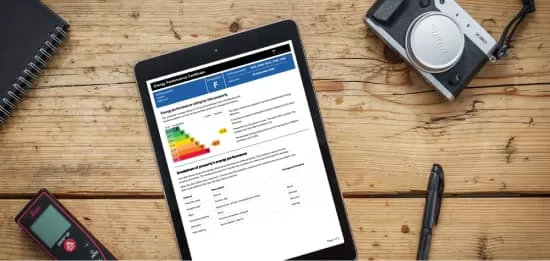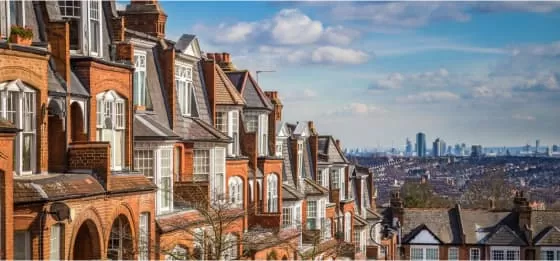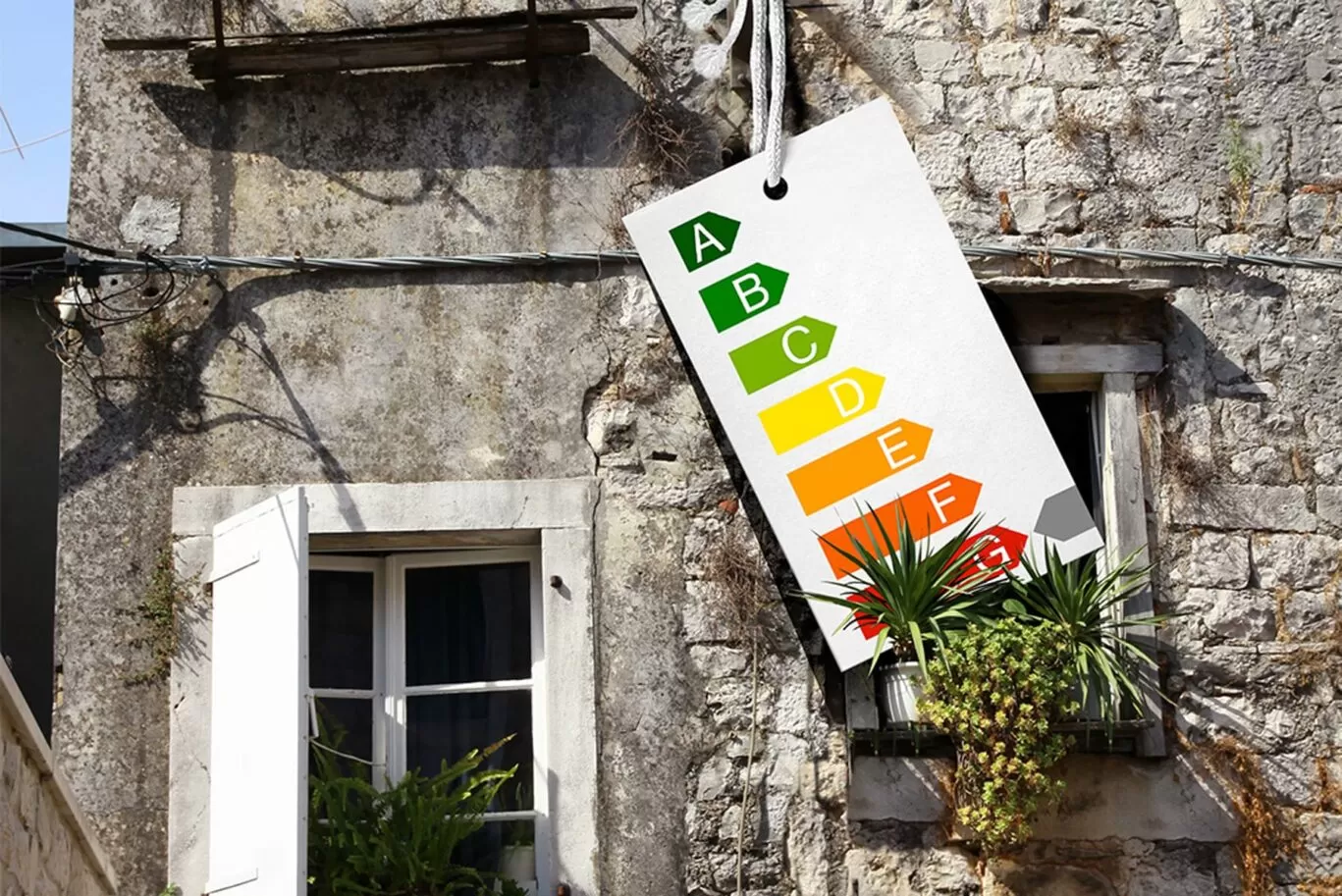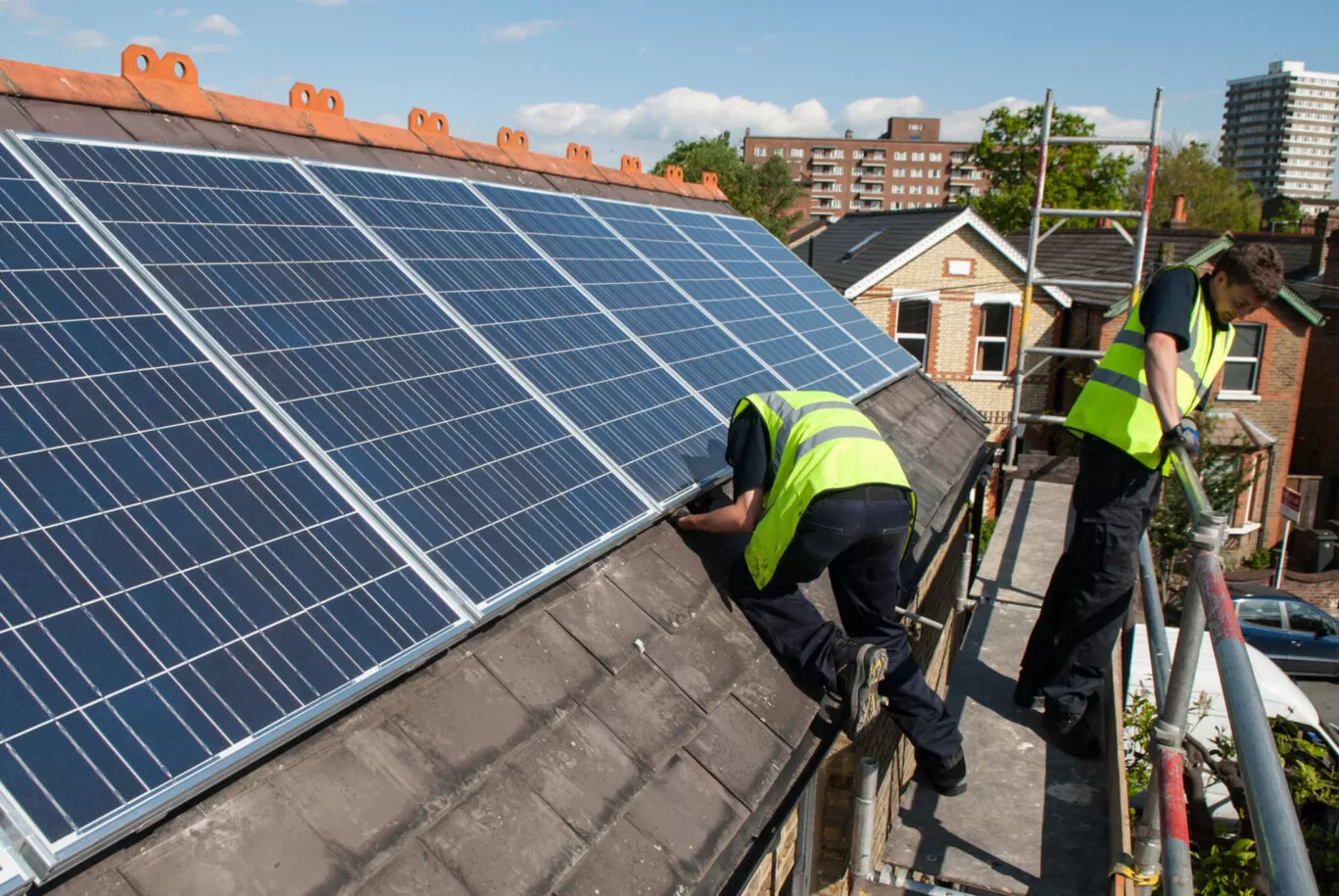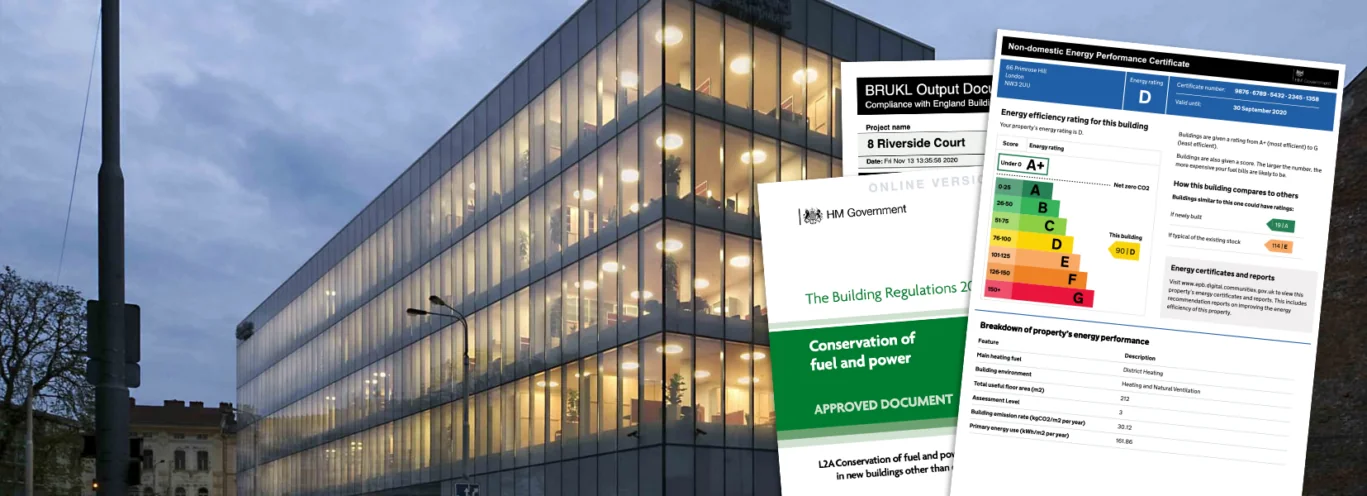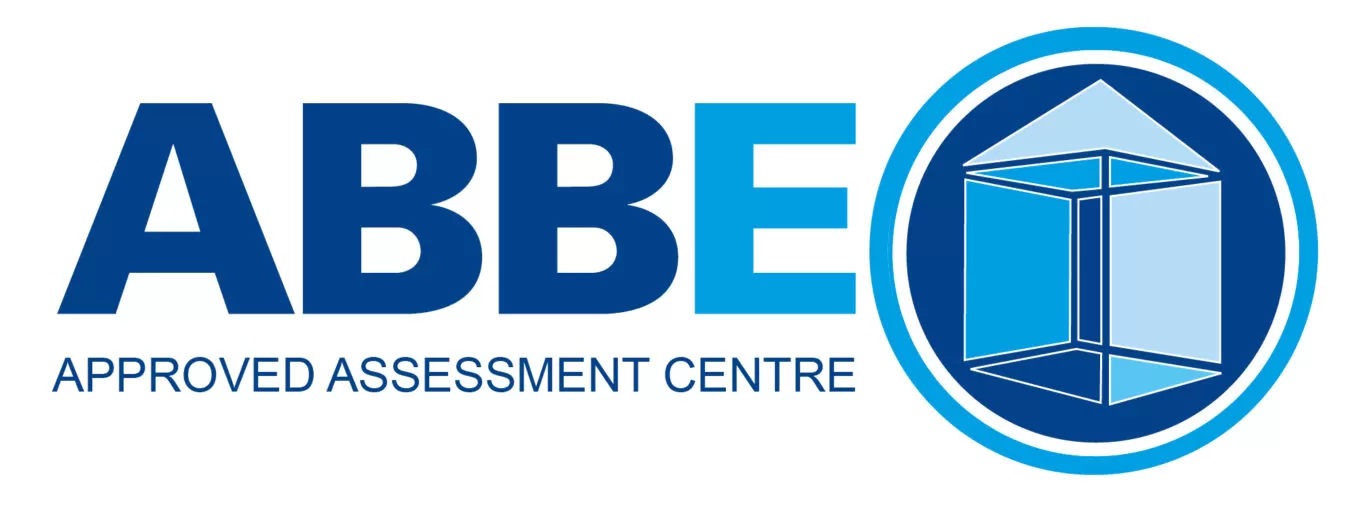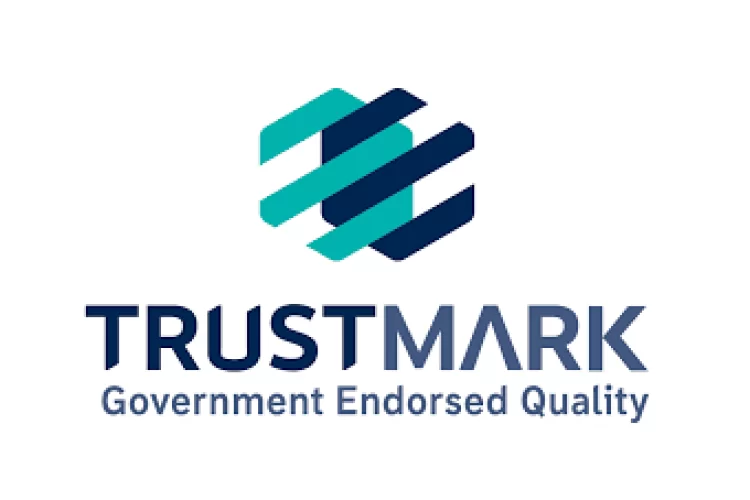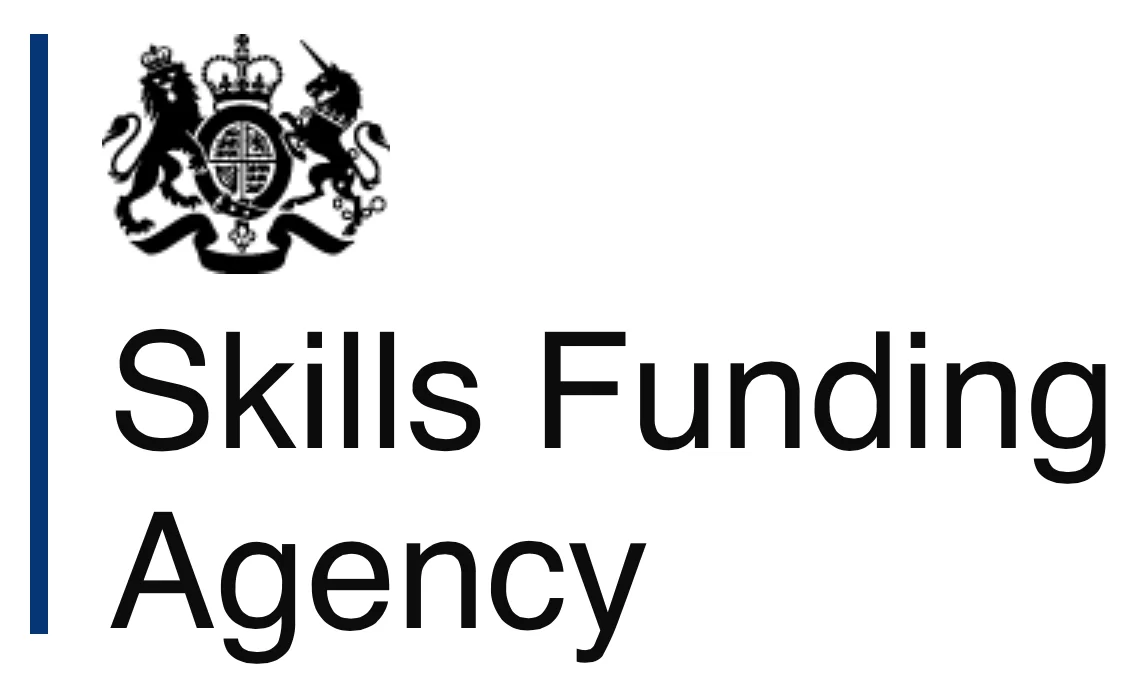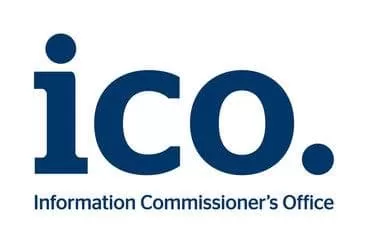The government is stepping up to address the challenge of making homes warmer and cheaper to run. The Department for Energy Security and Net Zero (DESNZ) has committed to consulting on raising the minimum energy efficiency standard (MEES) to an Energy Performance Certificate (EPC) rating of C by 2030. This consultation is a key first step in transforming living conditions for many.
The Current Situation
Families across the country are struggling with high energy bills, making the cost-of-living crisis even harder to bear. Many tenants live in homes that are cold, draughty, and expensive to heat. Minimum Energy Efficiency Standards are supposed to protect people from having to live in unsuitable, inefficient homes. However, right now, private rented properties can be rented out if they meet the minimum EPC rating of E.
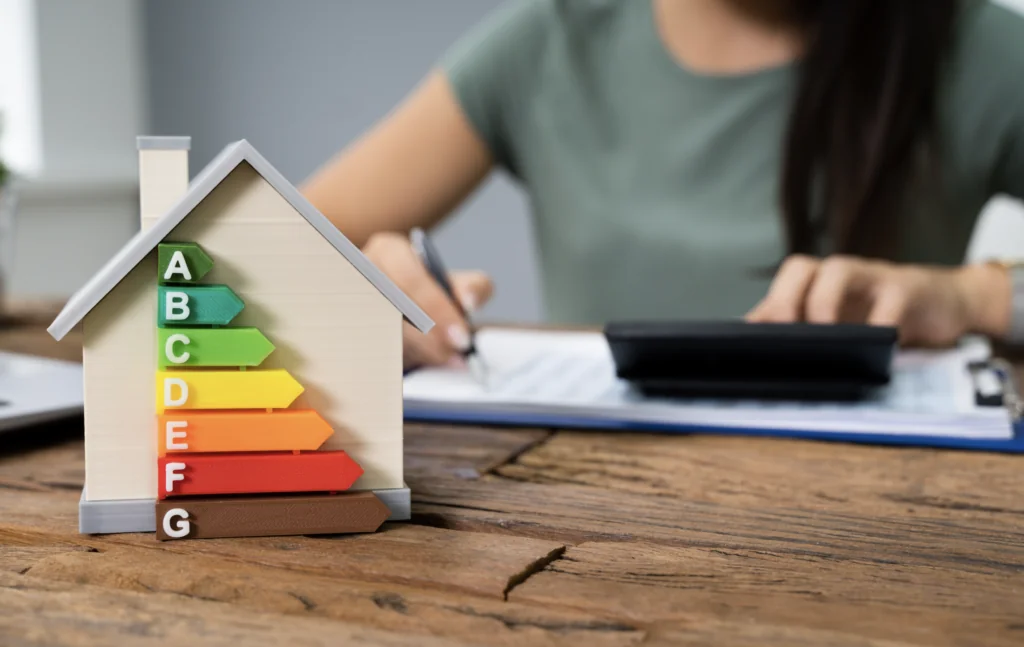
The Solution
Consultation To Raise MEES
The Energy Secretary has pledged to take action by consulting on raising the minimum energy efficiency standards for both private and social rented homes. By 2030, the aim is to achieve an EPC rating of C or its equivalent for all rental properties. This will ensure safer, warmer, and more affordable homes for all tenants.
Warm Homes Grants
The government is also launching new initiatives to support this transformation. A Warm Homes: Local Grant will help low-income homeowners and private tenants with energy efficiency upgrades and cleaner heating options. Social housing tenants will benefit from the continuation of the Public Sector Decarbonisation Scheme and the Warm Homes: Social Housing Fund. These efforts are part of a broader plan to improve homes across the country, from installing new insulation to introducing solar panels and heat pumps.
What This Means For Energy Professionals
These grants and the many others like them have resulted in an increased need for energy professionals. All of these ambitious targets require a huge workforce to carry them out. Already, retrofit professionals across the country have improved living conditions for millions of happy homeowners. If you would like to join this workforce, Energy Trust has various retrofit training courses to expand your skills. Take your career to the next level by getting involved in retrofit!

